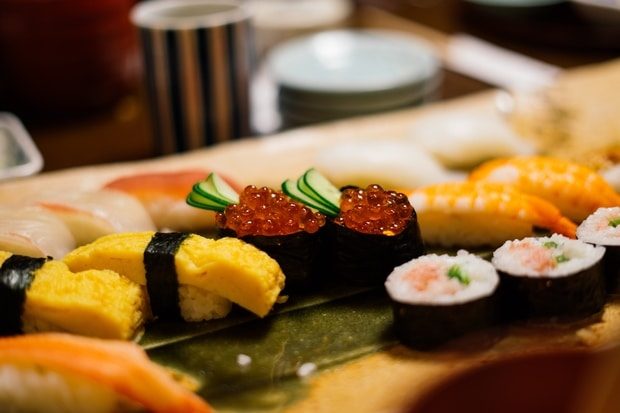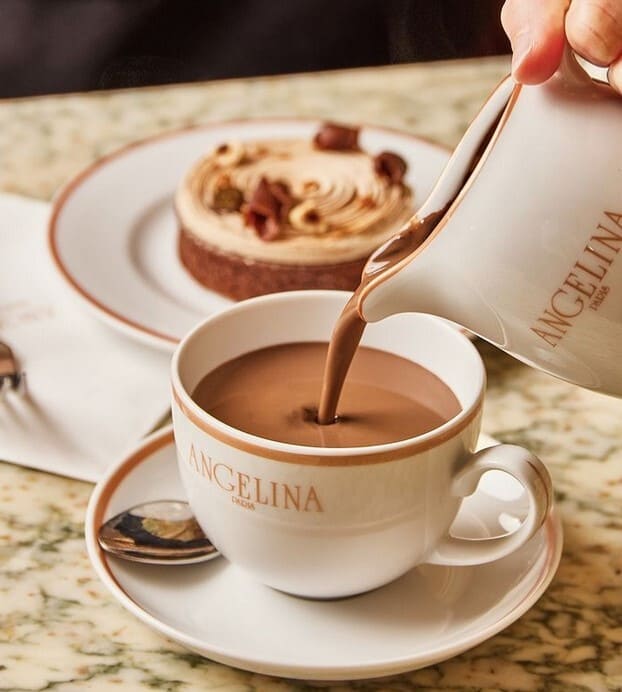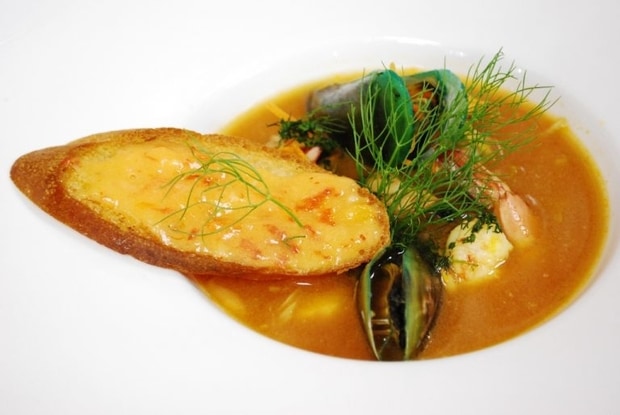Stohrer is the oldest pastry shop in Paris. It’s been baking since 1730 and was once the royal baker for the king. Today, it’s still open on Rue Montorgueil—so I went to see it for myself and find out what makes it so special.
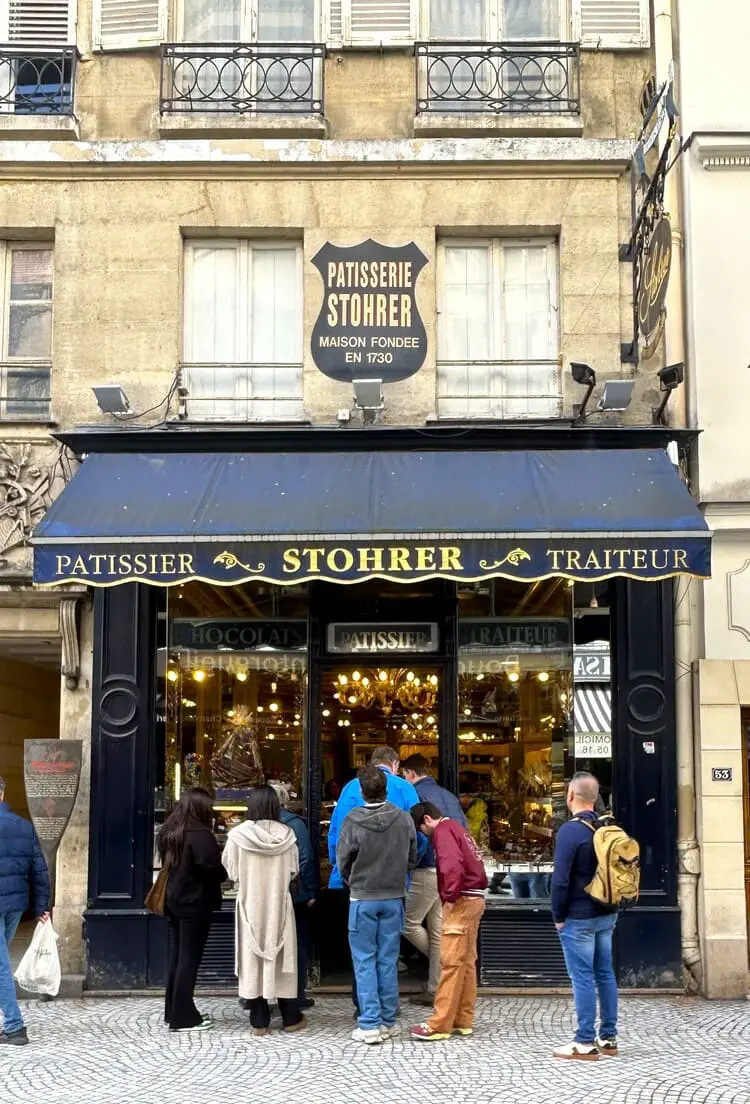
A Bakery With 300 Years of History
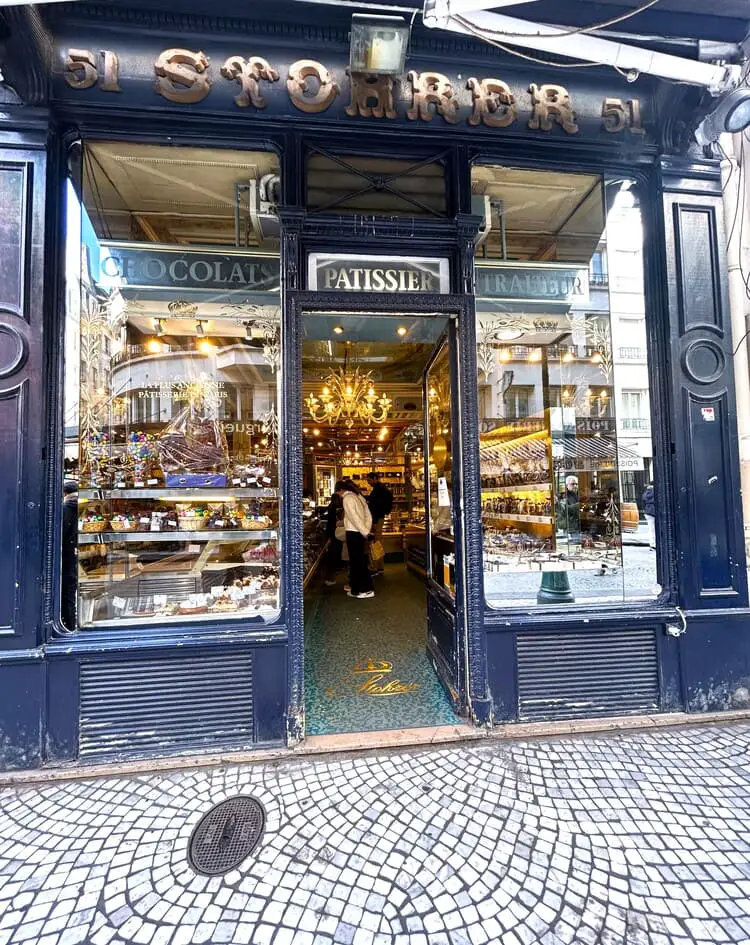
In the heart of Paris, there’s a bakery that’s older than the United States.
It’s called Stohrer, and it opened way back in 1730. That’s almost 300 years ago, making it the oldest pâtisserie in Paris still in operation today.
The story begins with King Louis XV of France, who married Marie Leszczyńska, the daughter of the former King of Poland, in 1725.
When she arrived at the French court in Versailles, she brought with her a young Polish pastry chef named Nicolas Stohrer.
After working for five years in the royal kitchens, Stohrer left Versailles and, in 1730, opened his own bakery at 51 rue Montorgueil in Paris.
That same address remains the location of the shop today.

Throughout its long history, Stohrer has witnessed and endured major events in France, including the French Revolution, the Napoleonic era, the World Wars, and the transformation of Paris over the centuries.
Despite these changes, the bakery has continued its activity without interruption.
Stohrer is now recognized as a historical monument.
The shop’s interior was redesigned in 1864 by Paul Baudry, the same artist who decorated parts of the Opéra Garnier.
Its richly painted ceilings and ornate woodwork reflect the elegance of 19th-century Paris.
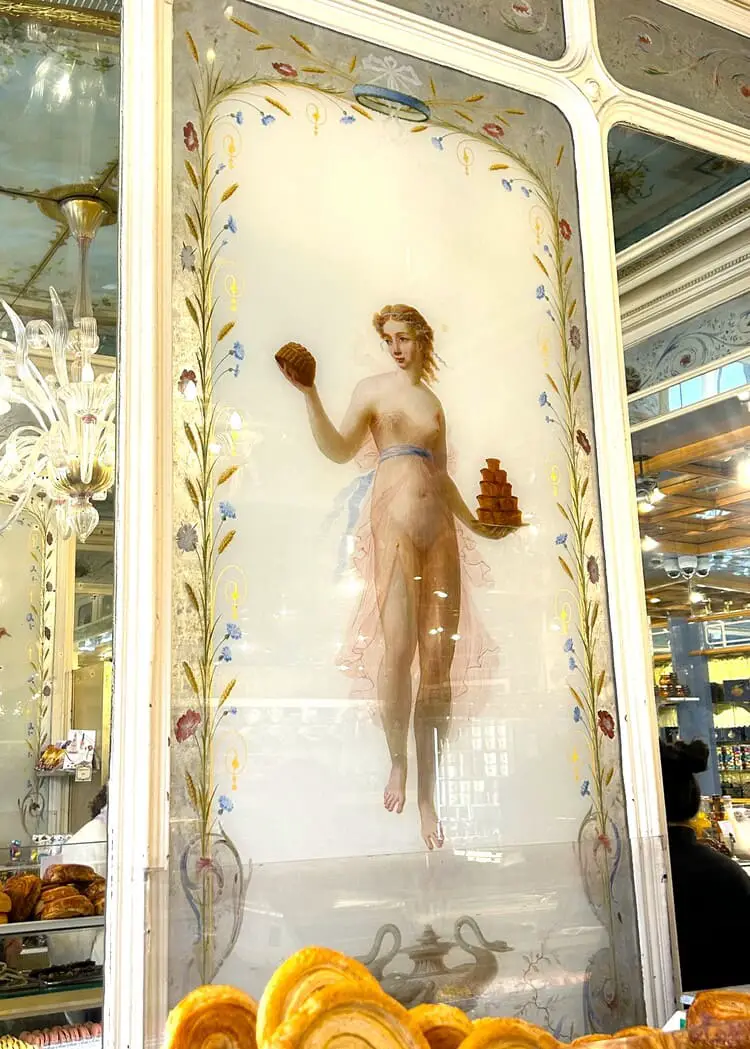
Today, Stohrer is a key part of Parisian culinary heritage, celebrated for its long-standing traditions, historical significance, and the quality of its classic French pastries.
Still Going Strong Today

Today, Stohrer continues to welcome visitors from around the world.
The shop is still active and remains one of the most famous pastry shops in the city.
The ceiling and woodwork give the bakery a unique atmosphere, blending history and artistry.
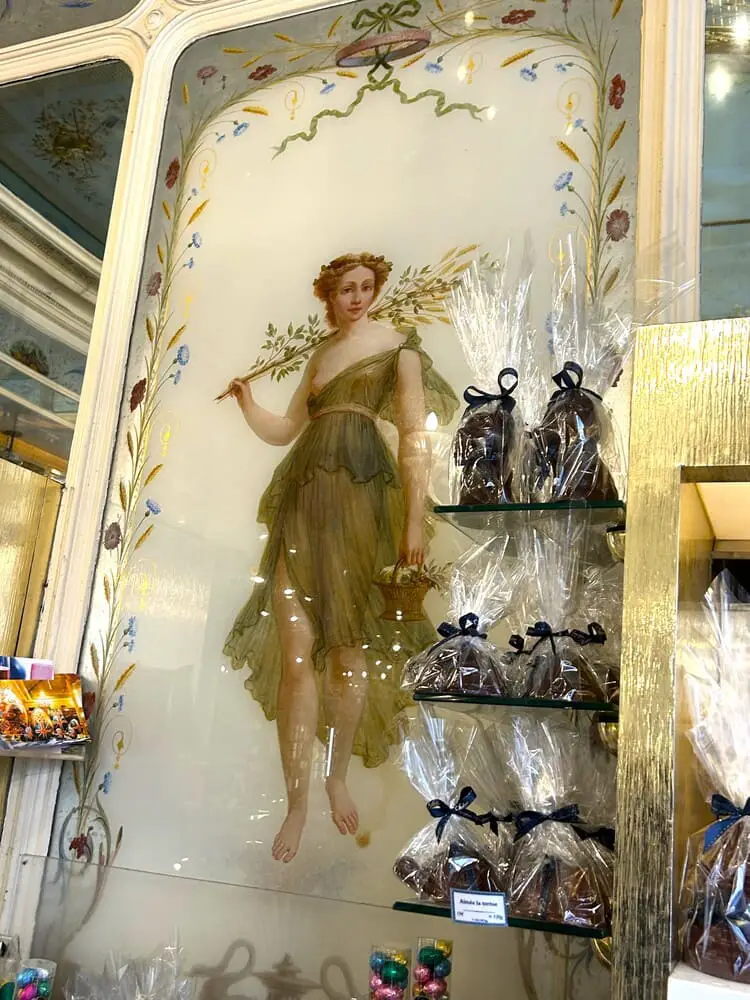
Now part of the Dalloyau group—a well-known French company in the world of gastronomy—Stohrer continues to produce high-quality traditional French pastries, following the recipes and techniques passed down through generations.
The team of pastry chefs respects the heritage of the house while also adapting to modern standards in pastry-making.

While the bakery is over 290 years old, it remains a living part of Parisian life.
Locals and tourists visit Stohrer not only for its history but also for the fresh, carefully crafted pastries available each day.
The combination of historic charm and ongoing excellence keeps Stohrer relevant and admired today.
What Makes Stohrer Special
Stohrer is best known for its baba au rhum, a small yeast cake soaked in rum syrup.
It was invented by Nicolas Stohrer himself in the 1700s and is still one of the bakery’s most famous pastries.
I bought one—and yes, it was rich, soft, full of flavor, and very satisfying.
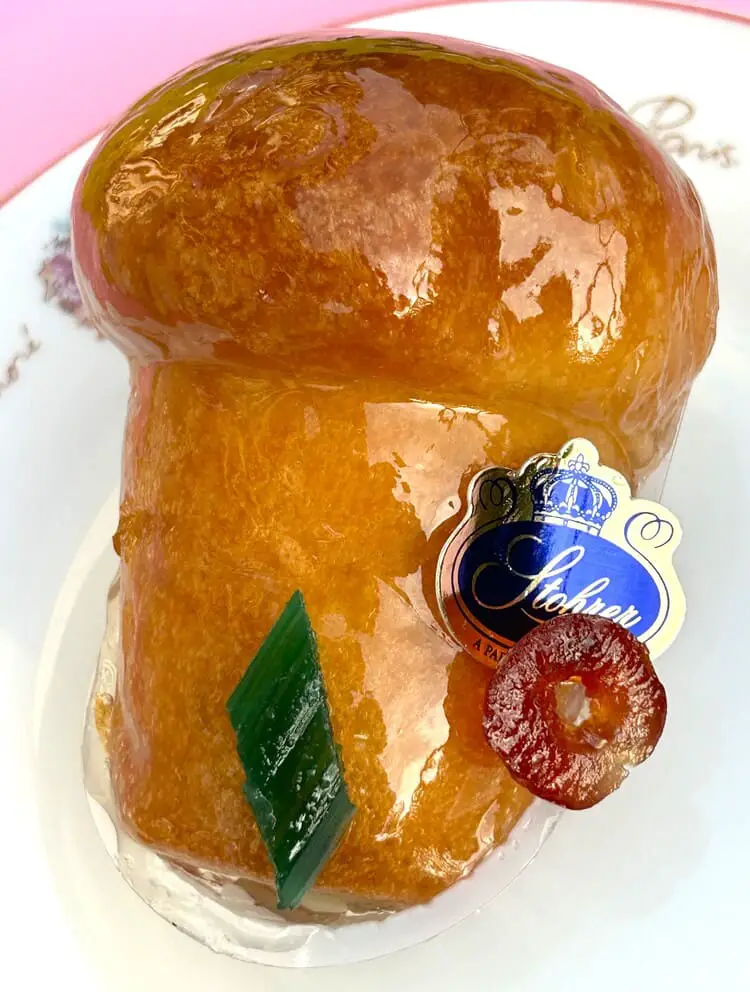
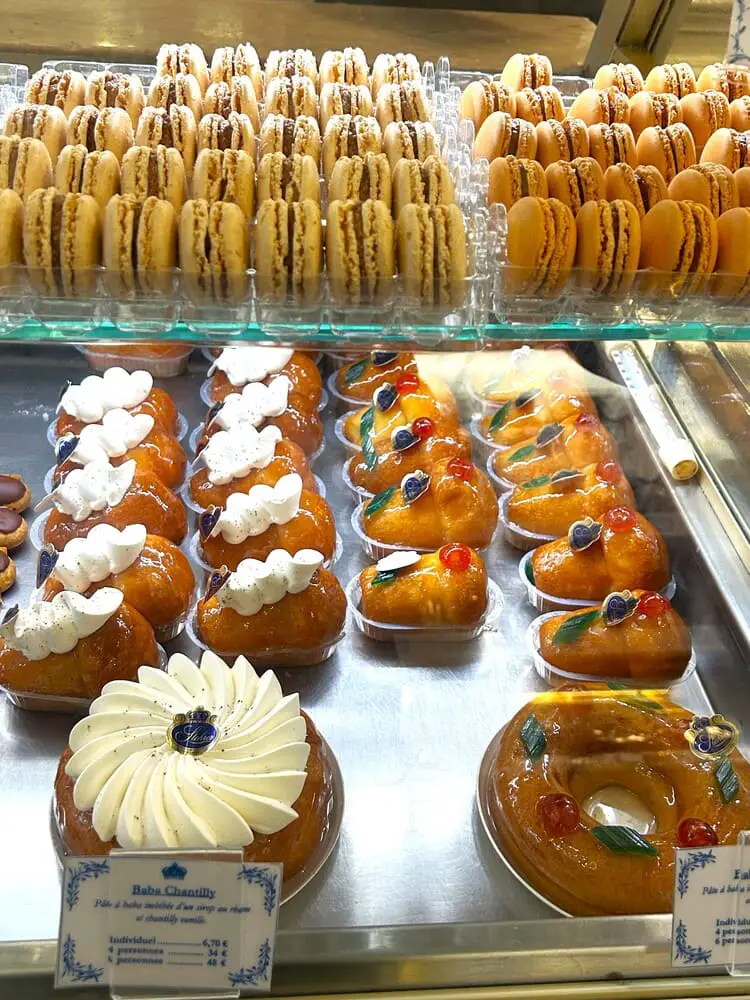
The baba is said to have evolved from a Polish cake called kugelhupf, and Stohrer adapted it during his time working for King Stanislas of Poland, the father of Queen Marie Leszczyńska.
This pastry became one of Stohrer’s most iconic creations and remains a signature item of the shop.
I also picked up a Saint-Honoré, a classic French dessert made with puff pastry, small cream puffs, and whipped cream on top.
It looked almost too pretty to eat, but I’m glad I did.
It was light, sweet, and perfectly made.
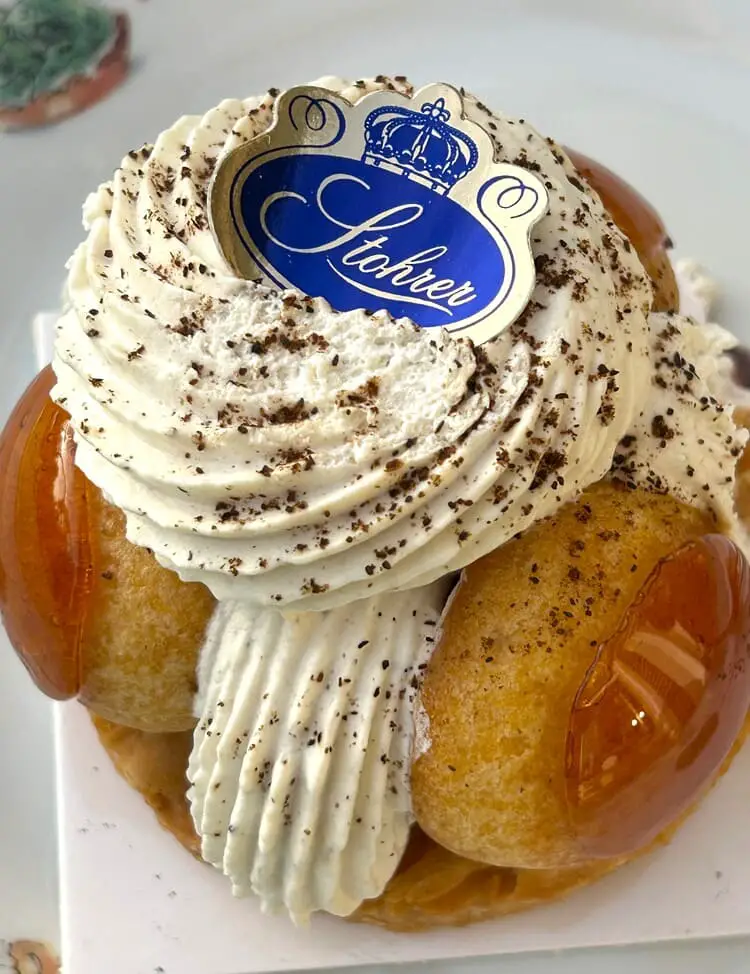

Both pastries were a little more expensive than at a regular bakery, but the quality made it worth the price.
There are no tables inside, so I took mine home to enjoy.
Everything was packed nicely and handled with care.
In addition to those, Stohrer also sells puits d’amour (a caramel-glazed puff filled with cream), religieuses, éclairs, tartes, and more—made using traditional recipes and top ingredients.
The shop’s beautiful 19th-century interior and long history make it stand out from any other bakery in Paris.
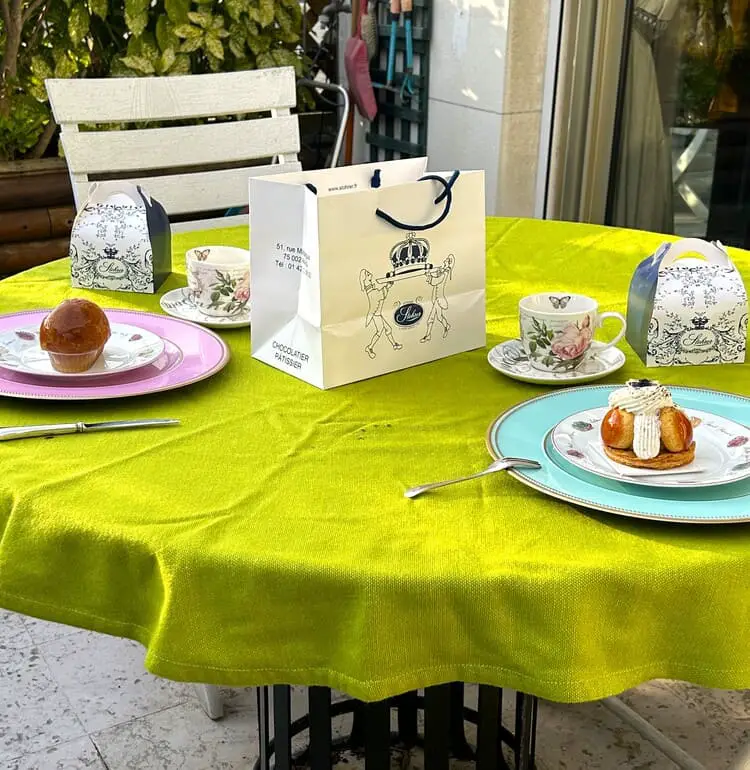
Should You Visit? Yes—and Here’s Why
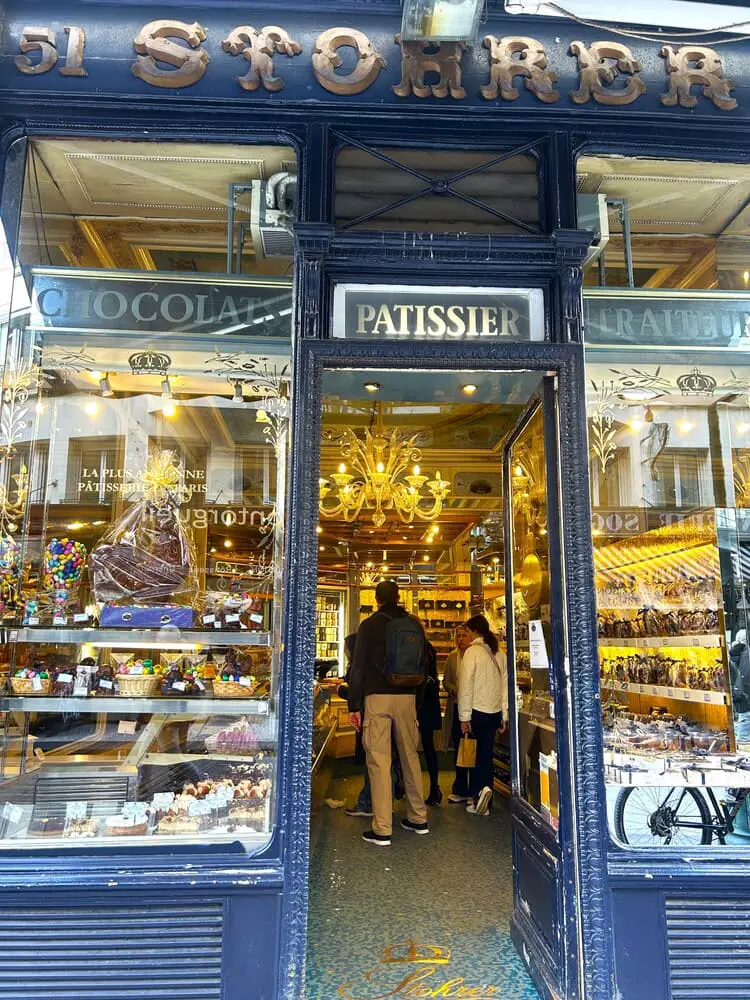
If you’re in Paris and love pastries or history, Stohrer is definitely worth a visit.
As the oldest pâtisserie in the city, it offers more than just delicious desserts—it’s a part of French heritage.
The combination of historic decor, original recipes like the baba au rhum, and the bakery’s location in the lively rue Montorgueil makes it a unique experience.
Rue Montorgueil itself is a great place to explore. It’s full of markets, cafés, cheese shops, and other food stops.
Visitors can also buy souvenirs to take home, like elegant boxes of macarons or individually wrapped pastries.
Stohrer is proof that a place can be both historic and still worth the hype. You’re not just going for the story—you’re going for the pastry.

Here’s the video of my visit:

With a passion for travel and having visited over 50 countries, Dorian is eager to share his favorite spots and expert tips to help you explore Paris and France like a local.


